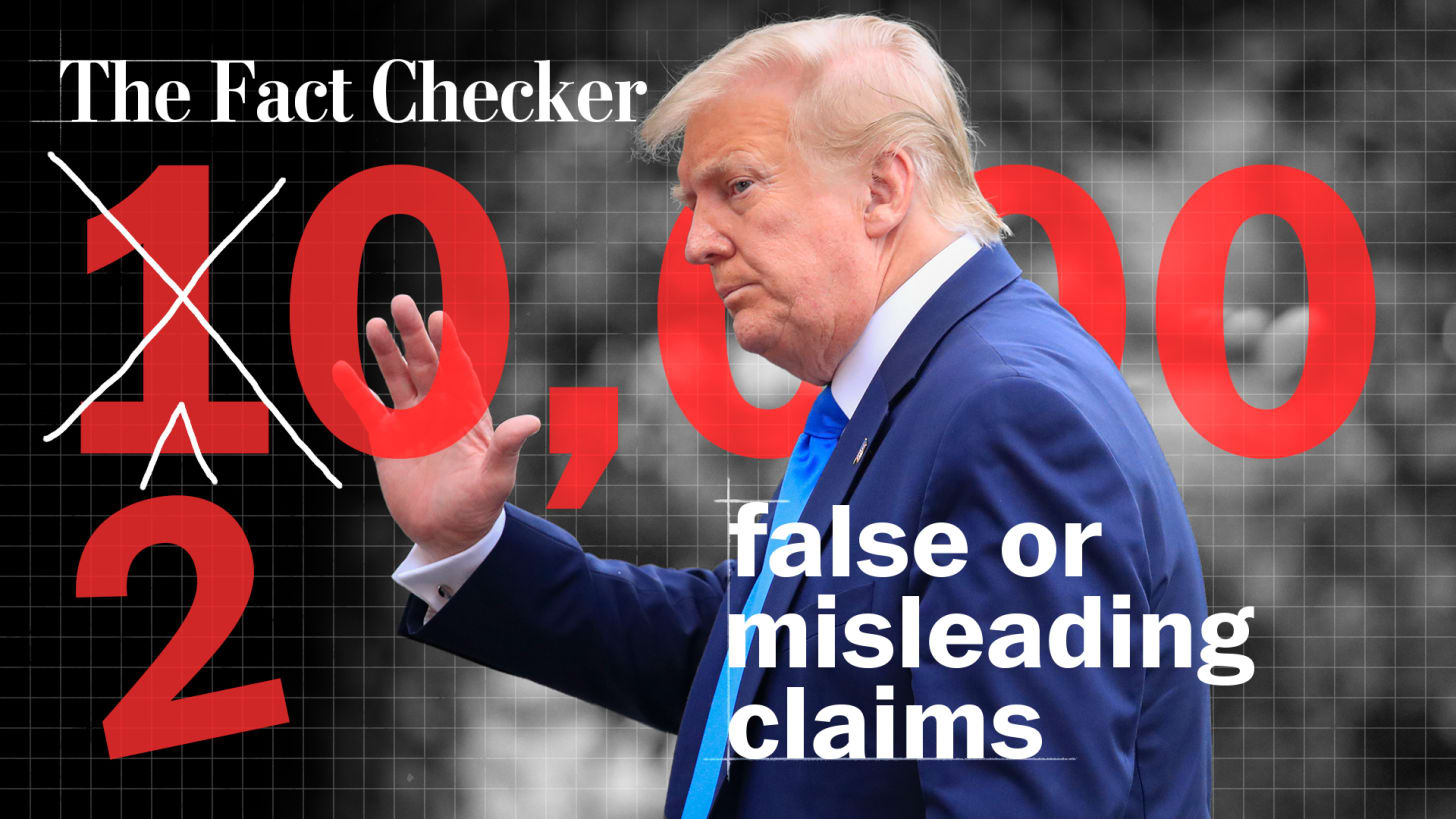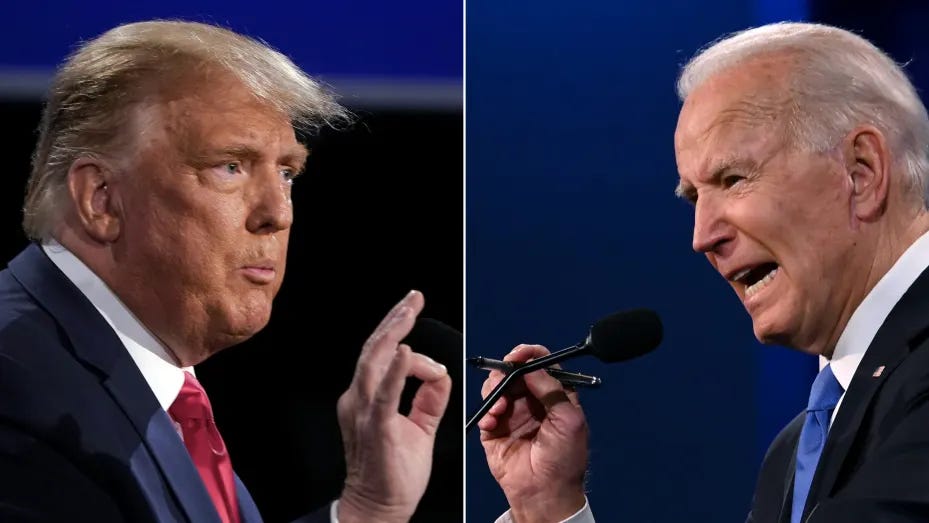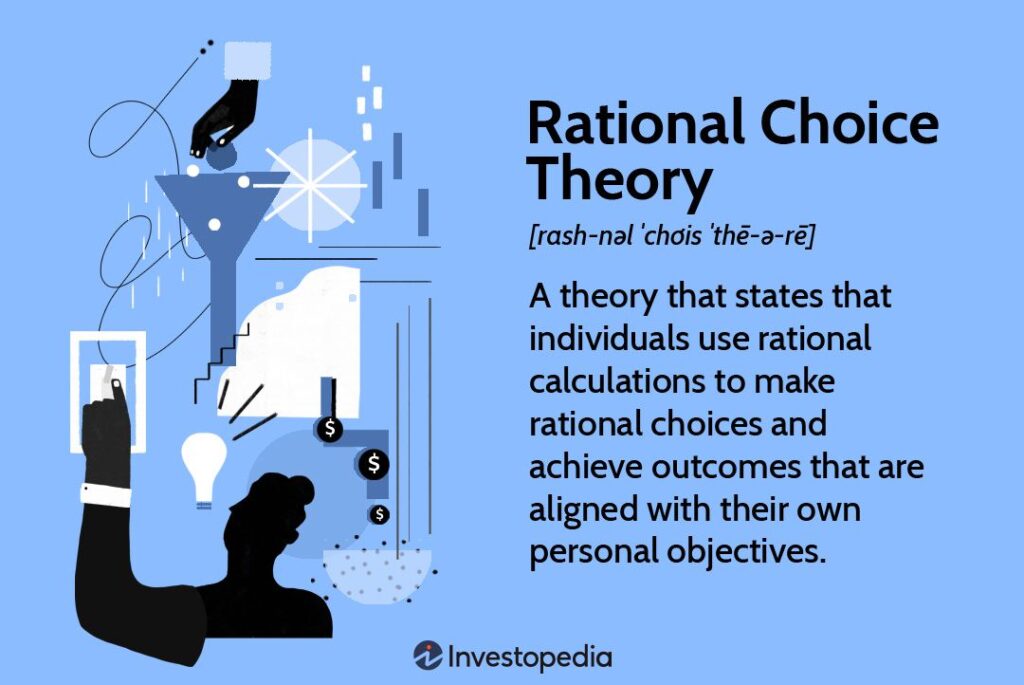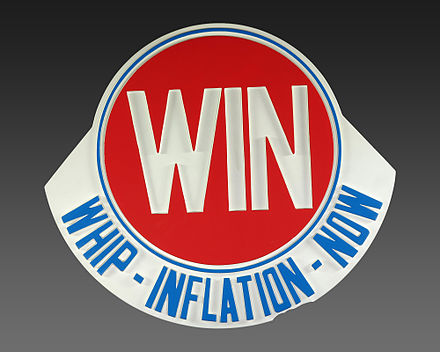That depends on who is pointing the finger about the attempted assassination of Trump

The attempted assassination of Donald Trump has proved to be something of a Rorschach test. The way some people view it — and how they affix the blame for it — seems to turn on how they view our problematic November election.
Oddly, none of the quick analyses seem to be looking at the obvious question — and, perhaps, plain meaning — here: just what was going on in the unhinged mind of a 20-year-old who found it far too easy to get an AR-15-style weapon and the ammo for it? Indeed, we don’t know what motivated the late Thomas Matthew Crooks, a registered Republican, and we may never know what drove him. Unlike others who have taken up guns in such efforts, he left no manifesto and few signs.
But that hasn’t stopped some folks, particularly opportunistic Republicans, from weighing in.
Potential vice president J.D. Vance, for instance, quickly said the shooting is the fault of Democrats. “Today is not just some isolated incident,” Vance posted on X about two hours after the shooting. “The central premise of the Biden campaign is that President Donald Trump is an authoritarian fascist who must be stopped at all costs. That rhetoric led directly to President Trump’s attempted assassination.”
As reported by Slate, Donald Trump Jr. quickly echoed the theme, tweeting, “Don’t tell me they didn’t know exactly what they were doing with this crap. Calling my dad a ‘dictator’ and a ‘threat to Democracy’ wasn’t some one off comment. It has been the *MAIN MESSAGE* of the Biden-Kamala campaign and Democrats across the country!!!”
The two were among many Republicans in what seems to be a GOP echo chamber making that sort of argument. Others included Sen. Rick Scott of Florida, House Majority Leader Steve Scalise and Georgia Rep. Marjorie Taylor Greene, who called Dems “flat out evil” and accused the Democratic Party of trying “to murder President Trump.”
For their part, many Democrats, by contrast, tried to take a higher road, avoiding blaming the usually overheated Trumpian rhetoric common since 2016. Instead, they just condemned the assault and bemoaned our tainted political environment that, perhaps, gave rise to it.

“Look, there’s no place for this kind of violence in America. It’s sick. It’s sick. It’s one of the reasons we have to unite this country,” President Joe Biden said Saturday, as The Washington Post reported. “We cannot be like this.”
Rep. Nancy Pelosi waxed personal in her condemnation, touching on the 2022 assault on her husband – a hammer attack that Trump mocked. “As one whose family has been the victim of political violence, I know firsthand that political violence of any kind has no place in our society,” the former House speaker said. “I thank God that former President Trump is safe.”
It was only by implication that Biden criticized Trump’s hot rhetoric – language such as Trump’s oft-repeated lies about the 2020 election being fraudulent or his inflammatory words egging on rioters in the Jan. 6, 2021, insurrection at the Capitol. Without criticizing Trump for fostering the current environment, Biden said Americans now need to “lower the temperature,” adding that “it’s time to cool it down.” Of course, one need not wonder who has turned up the heat for years.
And is lowering the temperature possible? Even as Trump reportedly planned to hit a unity theme in his address to the GOP Convention, can this zebra change his stripes? Given his tirades about the poor shape America allegedly is in, and his plans for overhauling much of Washington, is a cooler atmosphere possible?
That hardly seems likely when Trump, with blood staining his face moments after being grazed by the bullet, pumped his fist at the crowd and shouted, “Fight! Fight! Fight!” That bit of spontaneous stagecraft fit in with the former president’s long history of using hot words and making threats against his enemies and critics. Plainly, anger is a big part of who Trump is and why his supporters back him.

Then there’s the odd reaction of the religious right and Trump himself. In the accounting of some megachurch pastors, Trump’s slight turn away from likely death was evidence of Divine Providence, of G-d’s protecting his chosen one. Trump, for his part, echoed this, writing in a Truth Social post: “It was God alone who prevented the unthinkable from happening,” Trump wrote in a Truth Social post in the immediate aftermath of the shooting. “We will FEAR NOT, but instead remain resilient in our Faith and Defiant in the face of Wickedness.”
In all this, though, some of the richest post-shooting commentary has been castigation of that ever-handy villain, the media.
“Let’s be clear: This was an assassination attempt aided and abetted by the radical Left and corporate media incessantly calling Trump a threat to democracy, fascists, or worse,” South Carolina Sen. Tim Scott, another Trump ally, wrote on social media, as reported by The Washington Post.
Commentator Erick Erickson criticized MSNBC for characterizing Trump as a “would-be dictator,” asking, “What did they think would happen?”, as CJR reported. And Texas Rep. Chip Roy tweeted a “New Republic” cover depicting Trump as Hitler, adding, “You bastards.” Moreover, in a series of tweets, Georgia Rep. Greene called the media “corrupt,” accused them of inciting violence, and said it was time to clean them up.

Perhaps even more rich than all that was the reaction by Colorado Republican Lauren Boebert, an incendiary figure who once called a Muslim fellow member of Congress, Somali refugee Ilhan Omar, a member of the “Jihad Squad.” As reported by Business Insider, Boebert used to own a gun-themed restaurant called “Shooters Grill” in Rifle, Colorado. There, waitresses carried guns as part of their uniform, and customers could order dishes like the “M16 burrito” and a “bump stock corned beef hash.”
But Boebert, like other Republicans, was vexed by a cliche Biden reportedly used in a call with donors. Waxing metaphorical, he said: “we’re done talking about the debate, it’s time to put Trump in a bullseye.”
As recounted by Colorado Public Radio, the often gun-toting Boebert lambasted the president for the phrase. “This should not be rhetoric a president should be using,” she said on 9News. “And here we are. Now president Trump was literally put in a bullseye, after the president of the United States, the sitting president of the United States, called for him to be put in a bullseye. I believe that the rhetoric needs to end. I hope and pray that it ends.”
Don’t we all?

And, while we’re at it, perhaps we can put in a contrary word about how maybe, just maybe, overly easy access to guns by disturbed post-adolescents could be really a key issue here. Yes, the political atmosphere is foul — and, yes, an honest look at the record shows that Trump is a major reason for that — but perhaps there are simpler explanations. The opportunists don’t want to wait, but we’ll have to see what the FBI turns up on the point.









